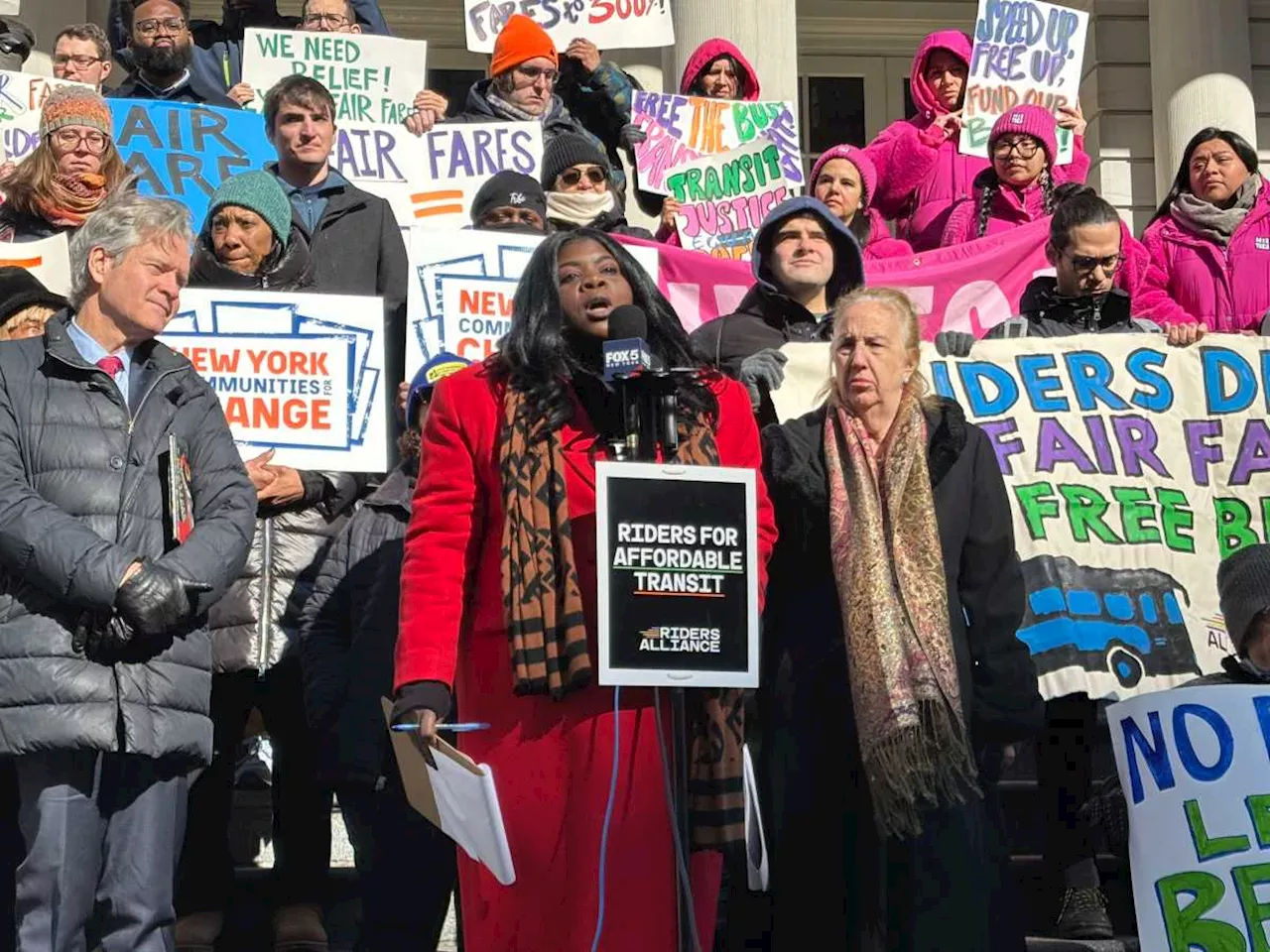The U.S. House of Representatives has passed a Senate funding deal that effectively ends the nation’s longest government shutdown, which lasted for six weeks. The legislation, approved by a vote of 222-209, will now be sent to President Donald Trump for his signature, allowing federal agencies to reopen and federal employees to receive back pay for the duration of the shutdown.
The funding agreement will finance the government through January 31, 2024, with specific programs like the Supplemental Nutrition Assistance Program (SNAP) funded until the end of the fiscal year in September. This deal marks a significant step towards restoring normal operations after the shutdown which began on October 1, 2023.
Political Responses and Implications
Support for the funding bill came predominantly from Texas Republicans, with 24 out of 25 members voting in favor. Only Rep. Michael McCaul abstained from the vote. Conversely, most Texas Democrats opposed the bill, with notable exceptions like Rep. Henry Cuellar, who voiced his support due to the hardships the shutdown inflicted on his constituents.
Cuellar stated, “Today, I voted to reopen the government so we can get critical programs back on track. I am ready to work in a bipartisan manner to protect affordable health care and deliver meaningful relief to the American people.” His remarks highlight the tension between immediate relief efforts and longer-term healthcare issues that were not addressed in the deal.
While the agreement includes a provision for a vote on extending the Affordable Care Act (ACA) subsidies, the future of these tax credits remains uncertain. House Speaker Mike Johnson has not committed to bringing the issue to the floor, and many Republican members have called for significant reforms or elimination of the subsidies altogether.
Concerns Over Healthcare Coverage
Democratic lawmakers have criticized their colleagues who supported the funding deal for neglecting to secure a renewal of ACA subsidies, which are set to expire at the end of the year. The expiration of these credits could lead to a dramatic increase in health insurance premiums, potentially forcing hundreds of thousands of Texans to drop their ACA coverage.
Rep. Sylvia Garcia, representing the most uninsured district in the nation, expressed her concern, stating, “This deal keeps the government open but leaves working people behind. Every delay and every cut means more families lose coverage, more seniors skip medicine, and more children go without care.”
On the opposing side, Rep. Morgan Luttrell accused Democrats of engaging in partisan politics during the shutdown, arguing that their actions delayed necessary funding for the military and veterans. “They forced this shutdown, prolonged the unnecessary suffering for our veteran communities and military families, and have nothing to show for it except the chaos they created,” Luttrell remarked.
In addition to the funding provisions, the legislation also criminalizes the sale of most consumable hemp products nationwide, reinstating a ban similar to one vetoed by Texas Governor Greg Abbott earlier this year. Proponents of the hemp ban, such as Rep. Pete Sessions, have praised the bill for addressing loopholes that allowed high-potency THC products to proliferate in communities. Critics argue that this move threatens Texas’ burgeoning $8 billion hemp industry and the jobs it supports.
Once signed into law by President Trump, the government will officially reopen, and federal employees who were affected by the shutdown will return to their positions, receiving back pay for the duration of the closure.







